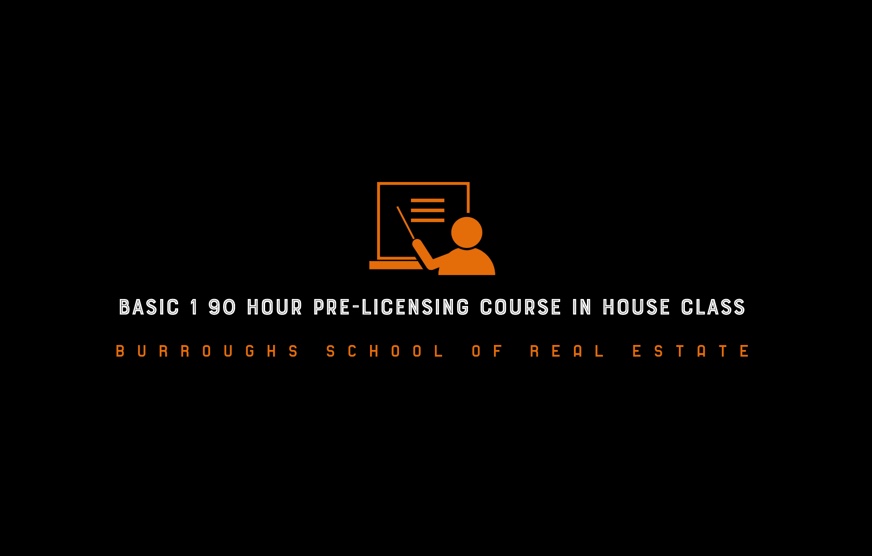
No matter if you're a seller or buyer, realtor fees can play a significant role in closing costs. But did you know that there are actually multiple ways you can save on real estate agent fees? These costs vary depending on the type of home you're purchasing and whether you're buying or selling.
Most real estate agents are paid a commission on the value of the home. A typical commission rate of 5% to 6% is common. It's not uncommon for agents "kick back" their commissions during closing. Agents may not receive full reimbursement for expenses incurred. You should do your homework if you are looking to buy or rent.
The seller pays real estate agents. However, some homeowners choose to list their home without the assistance of an agent. It can be cheaper, but it can also reduce your market insights. The home's perceived value might be less than those of its neighboring properties. It could be difficult to negotiate a lower price.

An agent spends between 35-100 hours selling a house. Agents coordinate marketing materials, manage professional photographers and coordinate traditional and digital advertising. Your agent should be paid around $28 an hour. These aren't all the costs you'll pay. Other than the standard listing fee and selling fee you will have to pay an additional survey fee, escrow fee, and home appraisal.
Numerous tasks are frequently performed by real-estate agents. They can arrange direct mail campaigns and organize professional marketing materials. These professionals can also compile a comparative analysis of the market for your house. You can expect the best real estate agents to tell you exactly what you can count on.
Agents are not always willing to cut their fees for many of these tasks. You can save money by asking your agent about their fees before you put your house up for sale.
You'll probably be surprised to find out just how much these fees add to the cost of buying or selling a home. These fees could be as high as 2% or 7% of the home's price. You may even be able negotiating the costs, depending on where your home is located. It is usually easier to use a discount agent than an agent who will drop their commission for all clients.

In addition to the normal appraisal and inspection fees, you will need to pay a small fee when closing your loan. If your home is in negative equity, you might also be obligated to cover some of these fees out of pocket.
Despite what you've read in the news, there are plenty of ways to save on your agent's fees. There are many options available to you, from using a discount agent to paying your entire mortgage off in full, and everything in between. And the more you save, the more tempting the offer will seem.
FAQ
Should I rent or own a condo?
Renting may be a better option if you only plan to stay in your condo a few months. Renting can help you avoid monthly maintenance fees. On the other hand, buying a condo gives you ownership rights to the unit. You have the freedom to use the space however you like.
How long does it take to get a mortgage approved?
It depends on several factors such as credit score, income level, type of loan, etc. It takes approximately 30 days to get a mortgage approved.
Can I get a second mortgage?
Yes. However, it's best to speak with a professional before you decide whether to apply for one. A second mortgage is typically used to consolidate existing debts or to fund home improvements.
What is reverse mortgage?
Reverse mortgages allow you to borrow money without having to place any equity in your property. It allows you to borrow money from your home while still living in it. There are two types available: FHA (government-insured) and conventional. Conventional reverse mortgages require you to repay the loan amount plus an origination charge. FHA insurance covers the repayment.
Can I purchase a house with no down payment?
Yes! There are programs available that allow people who don't have large amounts of cash to purchase a home. These programs include government-backed mortgages (FHA), VA loans and USDA loans. Visit our website for more information.
Statistics
- The FHA sets its desirable debt-to-income ratio at 43%. (fortunebuilders.com)
- This seems to be a more popular trend as the U.S. Census Bureau reports the homeownership rate was around 65% last year. (fortunebuilders.com)
- Some experts hypothesize that rates will hit five percent by the second half of 2018, but there has been no official confirmation one way or the other. (fortunebuilders.com)
- When it came to buying a home in 2015, experts predicted that mortgage rates would surpass five percent, yet interest rates remained below four percent. (fortunebuilders.com)
- This means that all of your housing-related expenses each month do not exceed 43% of your monthly income. (fortunebuilders.com)
External Links
How To
How to locate an apartment
When moving to a new area, the first step is finding an apartment. This requires planning and research. This includes researching the neighborhood, reviewing reviews, and making phone call. Although there are many ways to do it, some are easier than others. These are the steps to follow before you rent an apartment.
-
Online and offline data are both required for researching neighborhoods. Online resources include Yelp. Zillow. Trulia. Realtor.com. Other sources of information include local newspapers, landlords, agents in real estate, friends, neighbors and social media.
-
Find out what other people think about the area. Yelp and TripAdvisor review houses. Amazon and Amazon also have detailed reviews. You may also read local newspaper articles and check out your local library.
-
Call the local residents to find out more about the area. Talk to those who have lived there. Ask them about what they liked or didn't like about the area. Ask them if they have any recommendations on good places to live.
-
Be aware of the rent rates in the areas where you are most interested. Consider renting somewhere that is less expensive if food is your main concern. On the other hand, if you plan on spending a lot of money on entertainment, consider living in a more expensive location.
-
Find out information about the apartment block you would like to move into. How big is the apartment complex? What is the cost of it? Is the facility pet-friendly? What amenities are there? Is it possible to park close by? Do you have any special rules applicable to tenants?